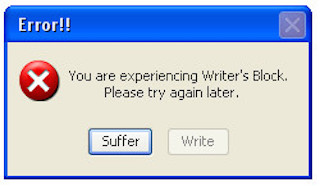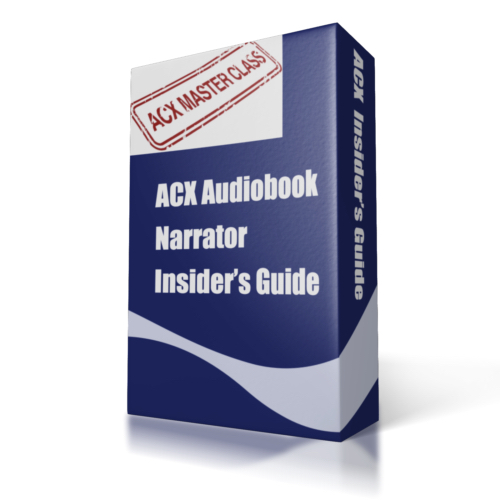
During a recent teleseminar about writing radio commercials, I was surprised by my response to an innocent and undoubtedly common question:
“What do when you have writer’s block? What do you do for inspiration when you’re on a deadline but you just can’t think of a good way to write a particular spot?”
I thought for a moment and then replied, “I never experience writer’s block.”
That’s not because I’m an endless fount of creativity.
It’s because I think in terms of “stories.”
And before I can land on a story that effectively delivers the commercial’s sales message, I need to understand:
1) What does your product or service do for the people who buy it?
Usually the client’s first answer is either indecipherable industry mumbo-jumbo or a collection of meaningless advertising clichés.
I doggedly continue to ask the question repeatedly until finally, exasperated, the client blurts out, “It _______!”
The client thinks that blurted answer is obvious and too insignificant to mention; “everybody knows that,” the client thinks.
But I didn’t know it until the client told me.
Now that I understand the answer to my first question, I move on to my second question:
2) How does that positively affect their lives?
“How does our medicinal cream that alleviates arthritis symptoms positively affect our customer’s lives? It alleviates their arthritis symptoms, dummy!”
They may not use those exact words, but that response evident in the client’s tone of voice.
Of course, I can make semi-educated guesses.
“Now they can pick up their grandchildren!”
“Now they can play tennis again!”
But before I begin writing, I don’t want to guess.
I want to know.
Maybe the targeted consumer for this particular arthritis remedy suffers mostly from pain in their toes.
Maybe it’s their knees.
Maybe a major side effect of the pain is constant sleep deprivation.
I just keep asking until I get an answer that enables me to understand how, specifically, the product or service positively affects the lives of the targeted consumers.
3) Why should the targeted consumer purchase the product or service from your company and not from one of your competitors?
Believe it or not, they don’t usually say, “Because we have a friendly, knowledgeable staff.”
Often they know why they want people to purchase from them instead of from their competitors, but they haven’t thought much about why those people should purchase from them.
I just keep asking that question until finally I get an answer that I understand and that I can use in their advertising.
Radio Advertising Solves Problems.
I’m good at problem-solving, and I have a natural affinity for story structure — for what makes a story “work.”
Once I understand the problem and the solution, it’s just a matter of explaining in story form how the client can solve the targeted consumer’s problem.
Why Do I Never Suffer from “Writer’s Block?’”
Because I don’t sit down to write until I already understand the problem.
Once I’ve zeroed in on the problem, multiple story ideas vie for my creative attention.
When I do sit down to write, I may not know precisely how I’m going to tell it but I have a good idea of the story I’m going to tell.
For The Record….
“Writer’s Block” is not the same as “Avoiding Writing.”
Like most good writers I know, I’ll do almost anything to avoid actually sitting down to write.
That common writers’ behavior is caused by fear — fear that they won’t “have any ideas” when they do try to write.
But once I know what story I’m going to tell, the fear is replaced by an eagerness to “write it down” — to get that story told.
 In my radio talent seminars, I stress the importance of a personality on a music station “making everything his own.”
In my radio talent seminars, I stress the importance of a personality on a music station “making everything his own.”


